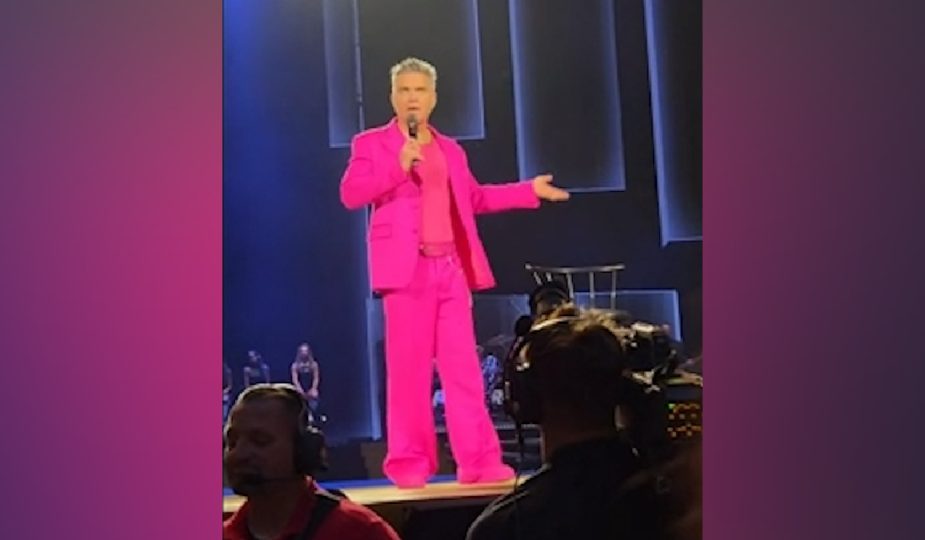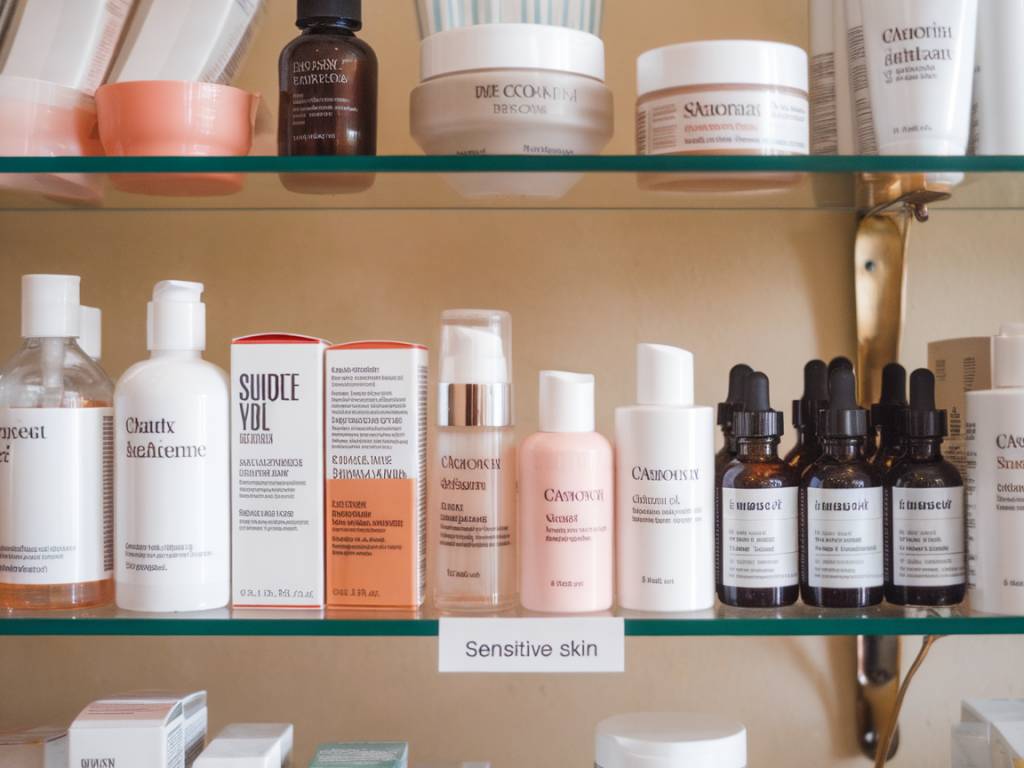During his recent concert in Germany, Robbie Williams transformed his headline performance into an unforgettable moment of raw honesty and emotion. Between crowd-pleasing hits, the British pop icon paused to share deeply personal news: his beloved parents are both facing serious health challenges. In a heartfelt aside, Williams revealed, “My mother is suffering from dementia and doesn’t know who I am anymore. She’s lost her sense of place. My father has Parkinson’s and can’t even leave the house.” These words struck a chord not only with longtime fans but with anyone who has seen a family member grapple with neurological disease.
A window into the realities of dementia and Parkinson’s
At 51, Robbie Williams finds himself confronting a stage of life he once thought lay far ahead: “It’s a strange place, being an adult at this age,” he admitted, speaking to a sold-out arena. With characteristic candour, he confessed, “I’m not ready for this.” The admission carried twin layers of poignancy—both for fans accustomed to his brash showmanship and for those who have walked similar paths of caregiving at midlife. By speaking openly about his mother Janet’s struggle with dementia and his father Peter’s battle with Parkinson’s, Williams gave voice to families facing isolation, confusion and loss of independence.
Family bonds beyond the spotlight
Robbie painted a vivid picture of his parents’ former zest for life: he recalled that his father once joined him on stage, stealing the spotlight with a glass of red wine in hand, only to retreat backstage with a wink. That same father now finds himself homebound, limited by the tremors and stiffness of Parkinson’s disease. As for his mother, the once-vibrant woman now wanders through daily routines without recognising her son of fame and fortune. Williams shared these intimate anecdotes with the same warmth that once fuelled his greatest ballads—transforming the concert hall into a space of shared vulnerability.
Highlighting strength in adversity
Williams didn’t stop at his immediate family. He paid tribute to his mother-in-law Gwen Field, who bravely contends with lupus, Parkinson’s and cancer simultaneously. “She’s one of the bravest people I know,” he said, admiration ringing in his voice. This multi-generational portrait of resilience resonated profoundly with audience members, many of whom have watched parents or grandparents fight debilitating illnesses. Through his platform, Robbie spotlighted the silent strength of caregivers and families who navigate these challenges daily.
When the stage becomes a place of empathy
For a pop star renowned for his larger-than-life persona, this unexpected disclosure underscored the universal nature of ageing and illness. As the concert lights dimmed on his moving confession, fans in the crowd were reminded that fame cannot shield anyone from life’s toughest trials. Instead, Robbie’s openness fostered a powerful sense of solidarity: he showed that even those who seem invincible on stage carry burdens of their own.
Supporting families through awareness
This public revelation has already sparked conversations about dementia and Parkinson’s – two conditions that affect millions worldwide. By sharing his story, Robbie has helped dismantle the stigma surrounding cognitive decline and movement disorders, encouraging others to seek support and speak openly about family health struggles. Organisations such as the Alzheimer’s Society and Parkinson’s UK can provide guidance on practical care, legal advice and emotional counselling for those navigating similar journeys.
Practical advice for families facing neurological illness
- Educate yourself: understanding symptoms and progression helps families plan for the future.
- Build a support network: reach out to local support groups and online communities for companionship and resources.
- Seek professional guidance: occupational therapists, social workers and neurologists can advise on coping strategies and assistive devices.
- Prioritise self-care: caregivers need regular breaks, relaxation techniques and mental health check-ins to maintain resilience.
- Preserve meaningful moments: photo albums, music playlists and simple routines can reinforce connections with loved ones.
In opening his heart on stage, Robbie Williams offered more than a concession of vulnerability—he delivered a message of hope and shared humanity. His courage in discussing his family’s reality reminds us all that life’s fragility can coexist with moments of profound connection and compassion.










